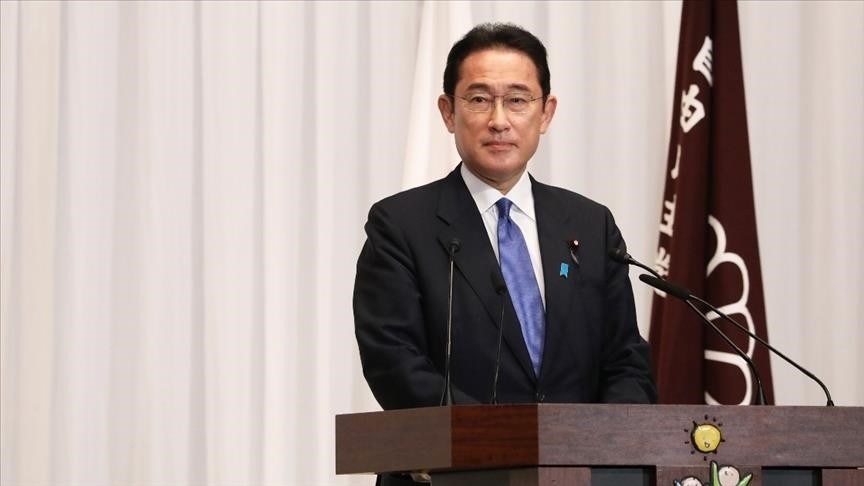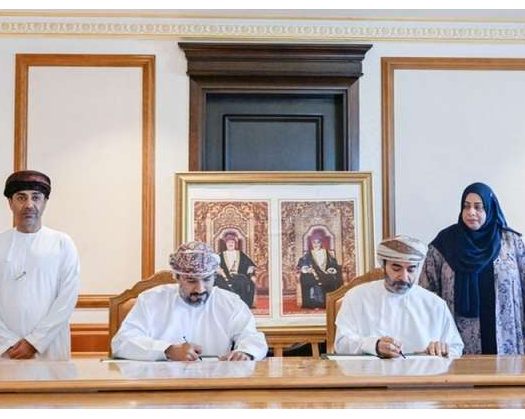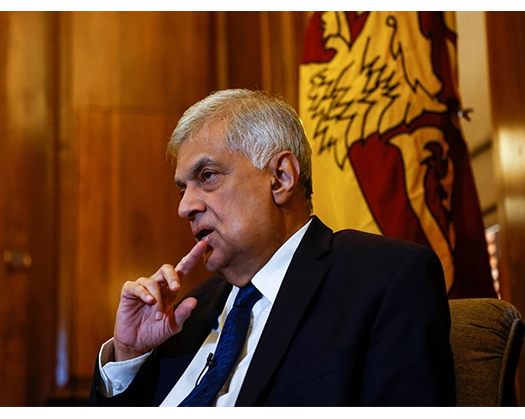Tokyo: Japan's Prime Minister Fumio Kishida is currently undergoing a cabinet reshuffle in response to the resignation of several ministers, including government spokesperson and close ally Hirokazu Matsuno. This move comes as a result of a significant corruption scandal within the ruling party, as reported by Al Jazeera.
On Thursday, Chief Cabinet Secretary Matsuno stepped down, following the resignation of Yasutoshi Nishimura, the Minister for Economy and Industry. Additionally, Junji Suzuki, the Minister of Internal Affairs, and Ichiro Miyashita, the Minister of Agriculture of Japan, have also announced their resignations. Alongside them, five deputy ministers have been let go, according to Al Jazeera, citing Jiji Press and other Japanese media sources.
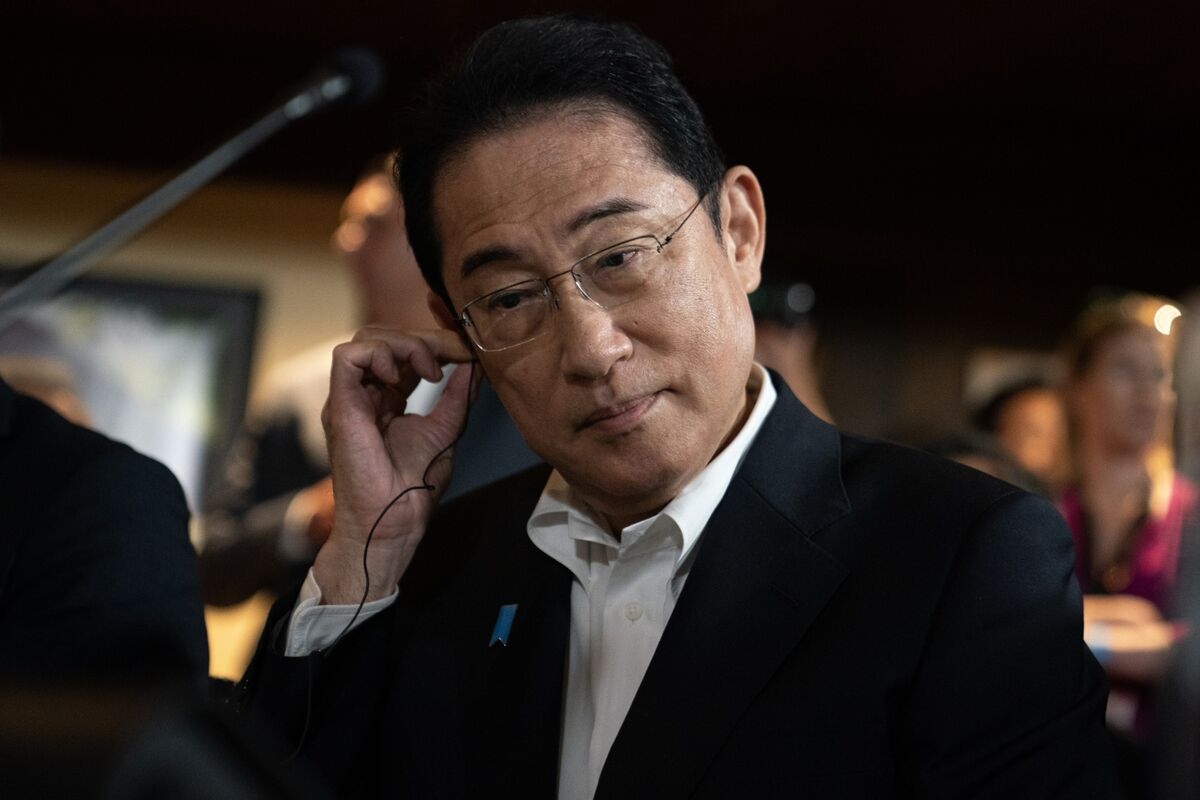
All of these ministers belong to the largest and most influential faction within the ruling Liberal Democratic Party (LDP), commonly known as the 'Abe faction' in honor of the late former Prime Minister Shinzo Abe.
Japanese authorities have initiated a criminal investigation into the group, as it is alleged that they received over 500 million yen (USD 3.5 million) in fundraising earnings that went missing from party accounts. This information was reported by Al Jazeera, citing media sources.
During a press conference, Matsuno announced his resignation, stating, "Given the various allegations surrounding political funds that have undermined public trust in politics, as well as the allegations concerning my own political funds, I have submitted my resignation."
Yoshimasa Hayashi, the former foreign minister who served until September, will now take over as a replacement for Kishida. Kishida, who has been in power almost continuously since the end of World War II, faced challenges in managing the impact of the controversy within his party.
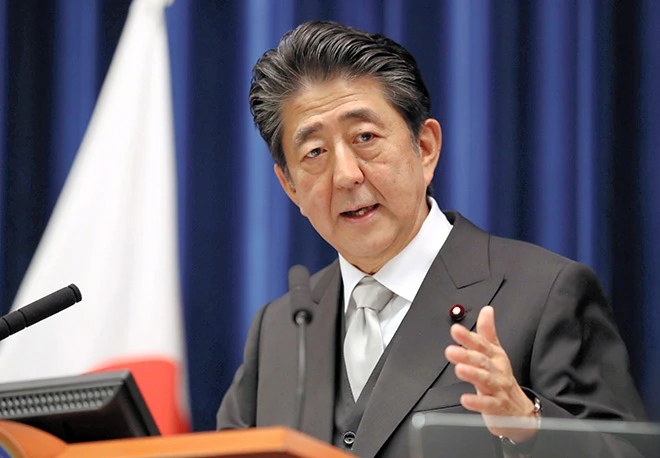
Late on Wednesday, he announced his intention to restructure his cabinet, expressing his regret over the political mistrust caused by the scandal and promising swift action to address it.
In the wake of the recent controversy, Kishida's public support dropped to its lowest level since he assumed office in October 2021, standing at approximately 23 percent. Despite the elections not being scheduled until October 2025, the prime minister has already reorganized his government twice.
In the past, a fragmented and weak opposition has struggled to make significant gains against the ruling LDP. Opposition parties, including the Japanese Constitutional Democratic Party (CDPJ), led an unsuccessful no-confidence motion against Kishida on Wednesday, as reported by Al Jazeera. Kazuo Shii, the leader of the Japanese Communist Party, described the controversy as a "deeply troubling and significant issue."

